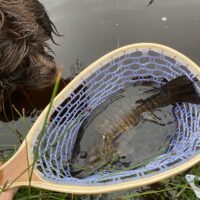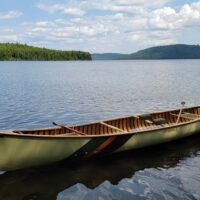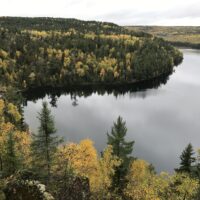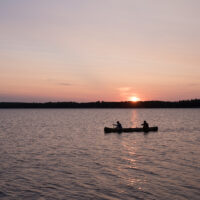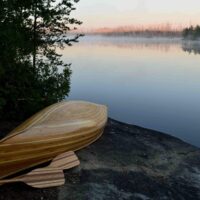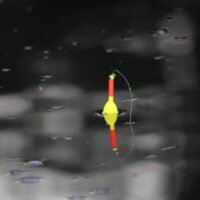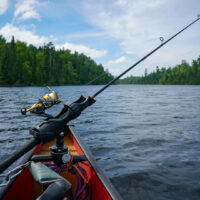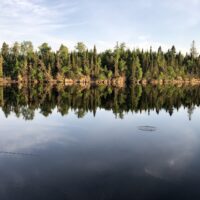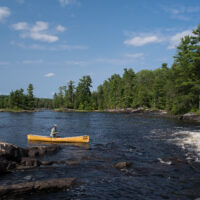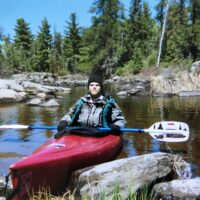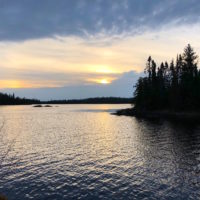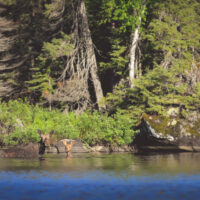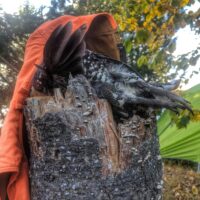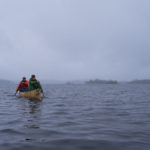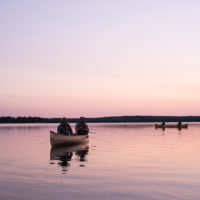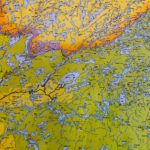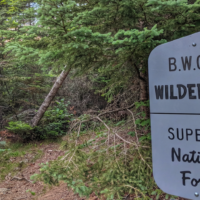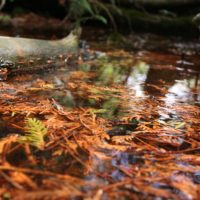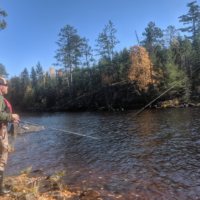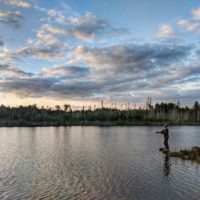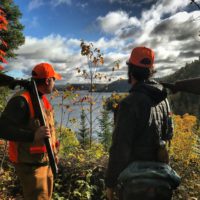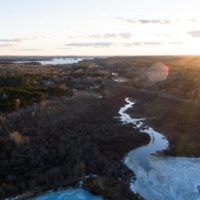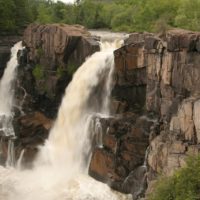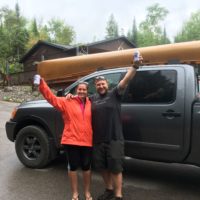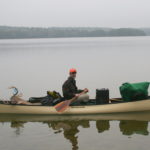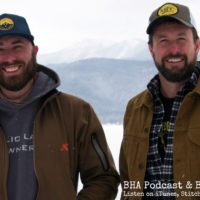Understanding H.R. 668: The Boundary Waters Wilderness Protection and Pollution Prevention Act
January 15, 2020 11:52 amHunters and Anglers across America support the reintroduction of Boundary Waters protection legislation, H.R. 668, in the United States House of Representatives. Read more to learn what the legislation is designed to do, why the legislation is necessary to protect the Boundary Waters, and participate in the permanent protection of the Boundary Waters.
Representative Betty McCollum (D-MN) introduced legislation to permanently protect the Boundary Waters on January 31, 2023, with support from dozens of cosponsors and conservation groups. We appreciate Representative McCollum’s steadfast leadership in authoring BWCA protection legislation, and stand ready to advocate for the legislation’s advancement throughout each hearing, markup, and as the bill progresses through Congress.
H.R. 668, the Boundary Waters Wilderness Protection and Pollution Prevention Act, is the crucial final piece of legislative protection for the Boundary Waters Canoe Area Wilderness, which would permanently protect the Wilderness by removing 234,000 acres of federal hard rock (copper and nickel) mineral leases from development. By law, federal agencies can only withdraw leases for up to 20 years, and only Congress can pass a law to withdraw federal mineral leases permanently. Federal agencies have done their part in protecting the Boundary Waters, and now legislative leaders must take action to ensure the Boundary Waters remain protected for future generations.
What will this legislation impact?
The Boundary Waters Wilderness Protection and Pollution Prevention Act completes a mineral withdrawal of 234,328 acres of public land and waters in the Rainy River Watershed (see map) of the Superior National Forest in the State of Minnesota from:
(1) all forms of mineral entry, appropriation, and disposal under the public land laws;
(2) location, entry, and patent under the mining laws; and
(3) operation of the mineral leasing, mineral materials, and geothermal leasing laws.
Additionally, the United States Forest Service (USFS) retains the authority to permit the removal of sand, gravel, granite, iron ore, and taconite within the acreage impacted by the withdrawal of leases under the proposed law.
While the road to legislative protection for the Boundary Waters may look long and uncertain, supporters of permanent protections must continue to make our voices heard in the halls of Congress. Inaction at this point in the effort to permanently protect the Boundary Waters is unacceptable, and Congress needs to hear your message now:
What won’t this legislation impact?
The Boundary Waters Wilderness Protection and Pollution Prevention Act does not affect or limit taconite or iron-ore mining anywhere in Minnesota. Additionally, the legislation does not affect proposed sulfide-ore copper mining projects outside the Boundary Waters watershed; or interfere with state mineral leasing, state environmental regulations, or state permitting processes.
Sportsmen for the Boundary Waters is not opposed to all mining in Northeast Minnesota and recognizes the value and importance of iron ore and taconite mining to the United States economy and Northern Minnesotan’s way of life. Our organization works to protect the Boundary Waters watershed from proposed sulfide-ore copper mining and supports H.R. 668, the Boundary Waters Wilderness Protection and Pollution Prevention Act, as a core objective to conserve Minnesota’s natural resources for the use by and enjoyment of future generations. SFBW has supported Representative McCollum’s legislation to protect the Boundary Waters through advocacy and testimony in Congressional hearings and sincerely appreciates the leadership Representative McCollum has demonstrated to protect the BWCA in Congress permanently.
How can we help?
Sulfide-ore copper mining’s terrible track record near water resources is all hunters and anglers should need to know. We appreciate your questions, feedback, guest blogs, and op-ed contributions in the effort to protect the Boundary Waters. Make an impact by sending a pre-written message supporting permanent protection of the Boundary Waters to your legislators through our form, or sign up to volunteer with Sportsmen BWCA here.
There are many ways to support this work. Still, a contribution to Sportsmen for the Boundary Waters ensures hunters’ and anglers’ voices will be heard in Washington D.C., supporting permanent BWCA protection at every step. We contact you and each of our supporters across the country with opportunities to advocate for Boundary Waters legislation in Congress, the Minnesota state legislature, and federal agency reviews.










